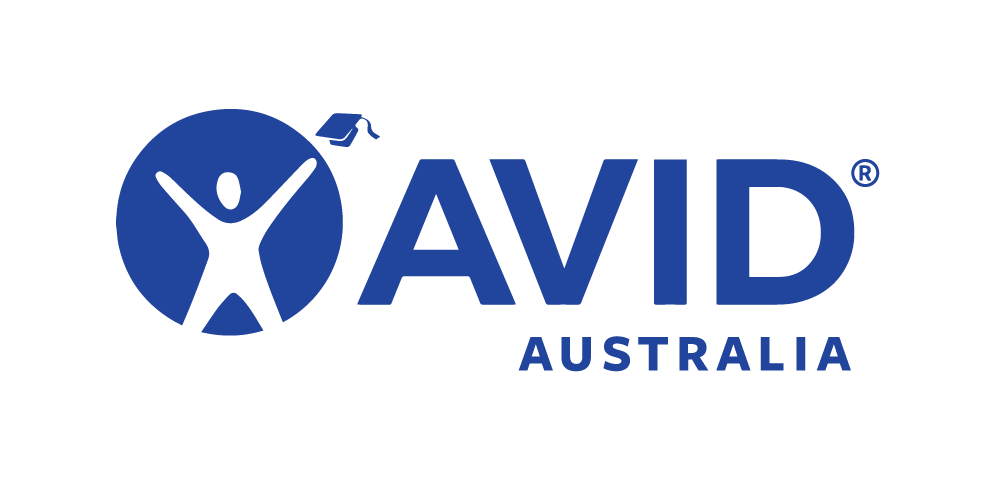When Making Your Choices
Be Realistic!
Do not think that:
- Your study habits will miraculously change over the holidays;
- You have always hated Humanities and Social Sciences, but next year you are going to love Geography;
- You can ignore your past results in courses you intend to continue with next year;
- You will be able to manage and like a course that someone else has chosen for you;
- You will like a course because your best friend is doing it;
- You should choose a course because you think a particular teacher will be teaching it;
- You should choose a course because you have heard it is easy;
- You don’t have to bother to think now because you can always change your mind later;
- You hate chemistry but because it is a prerequisite for your chosen career everything will be OK; or that
- You can ignore entry requirements and kid yourself that you will cross that bridge later.
Further Study Options
Consider your further study options. Does your career or area of vocational interest require further study or training at University or TAFE or Private Training Provider, or as a part of a new Apprenticeship/traineeship?
If your desired career requires University entrance, then make sure that you choose the appropriate combination of WACE Courses to meet any specific post school course prerequisites. www.tisc.edu.au
If your career goal requires the study of a TAFE qualification, then you must check the specific Selection Criteria for the relevant Course.
If no further study is required for your desired career then you will still need to check and see if any particular subjects are preferred by employers. This information can be obtained on the online Job Guide or by contacting prospective employers directly. If there are no particular subject requirements, then it would be worthwhile to choose some Courses which will prove relevant to your desired career.
Ability
You must be realistic when choosing Courses. There is no point in choosing Courses that are beyond your ability. As important as it is to choose Courses that will allow entry into your choice of career, you must also choose Courses in which you will have a realistic chance of success. There are a number of indicators that you can make use of in assessing how you will cope with certain Senior School Courses:
- Your performance in Lower School is the best indicator of how you will perform in Senior School;
- Your performance in the Year 9 NAPLAN tests can be a good indicator or how you will cope with the literacy and numeracy requirements of all Senior School Courses;
- It has been shown that there is a relationship between performance in relevant Lower School subjects and performance in the related Senior School Courses; and
- Many Senior School courses require a certain level of background knowledge. It has been shown that students without this background struggle to achieve reasonable results.
Students who choose to study ATAR Courses in Senior School, with the intention of applying for university entrance, need to achieve the higher levels in relevant Lower School Courses. If this is not the case then passes are possible in Senior School courses but results may not be sufficient to gain entry to university.
Teachers will recommend Courses they feel are appropriate to each student’s ability.
If this information raises doubts about your intended direction or ability to cope with particular courses, you should discuss the matter with teachers, Senior School Manager, or your Course Advisor.
Career Development and Individual Pathway Planning
All Senior School students will attend an AVID session during each week as a part of the Senior School program provided by the school. The AVID session is used to develop Senior School students’ skills and understandings related to study, self evaluation and goal setting.
Over the course of the two years of Senior Schooling, students, through AVID, will be involved in a career development and planning process. This process will support students in developing their understanding of the “world of work” and the requirements for entering their chosen career.
Students will continue what was begun in Year 10 in a process of Individual Pathway Planning which aims to develop their understanding of how their school program relates to their chosen career. Students will be encouraged to actively plan for achieving short and long term goals which support their entry into the post school destinations needed to ultimately enter their career.
Students who carefully undertake the career development and Individual Pathway Planning processes are more likely to have a clear and accurate understanding of the direction that they are likely to take when leaving school and requirements for succeeding in entering their post school aspiration.
A Guide to Course Selection
Students should always check on the TISC website www.tisc.edu.au or TAFE website www.tafechoices.com to ensure that Courses chosen for study in Senior School meet all entry requirements.












